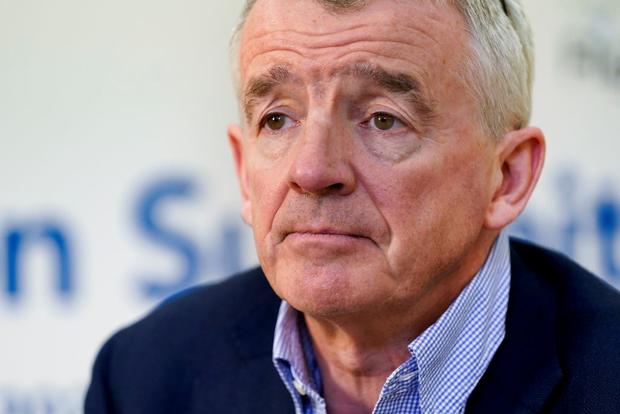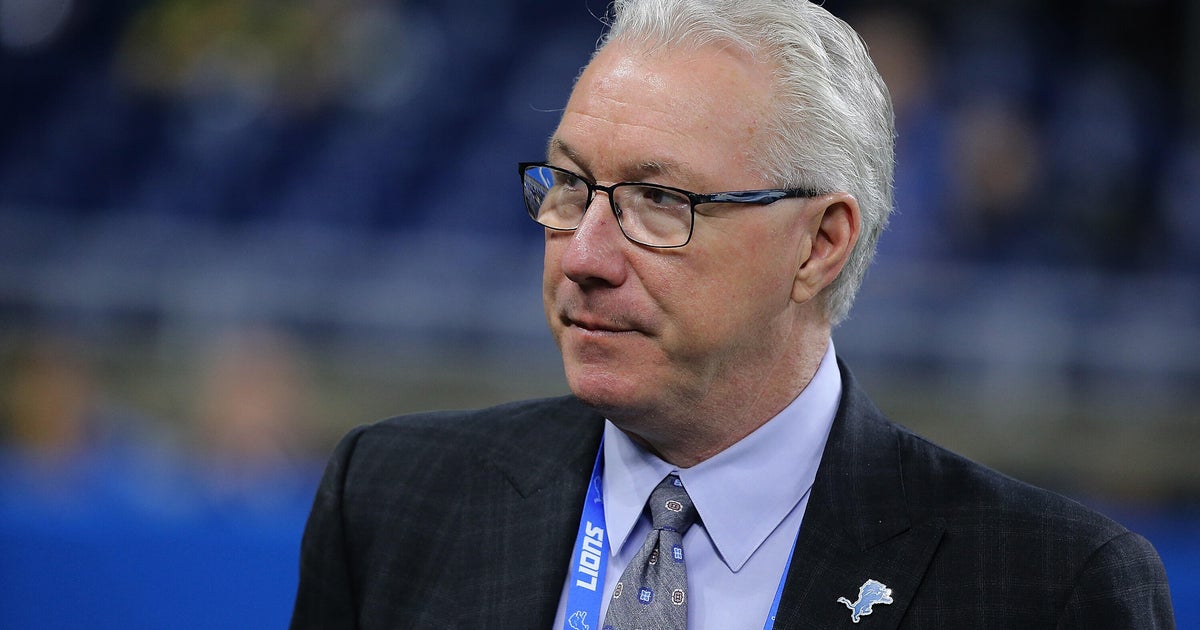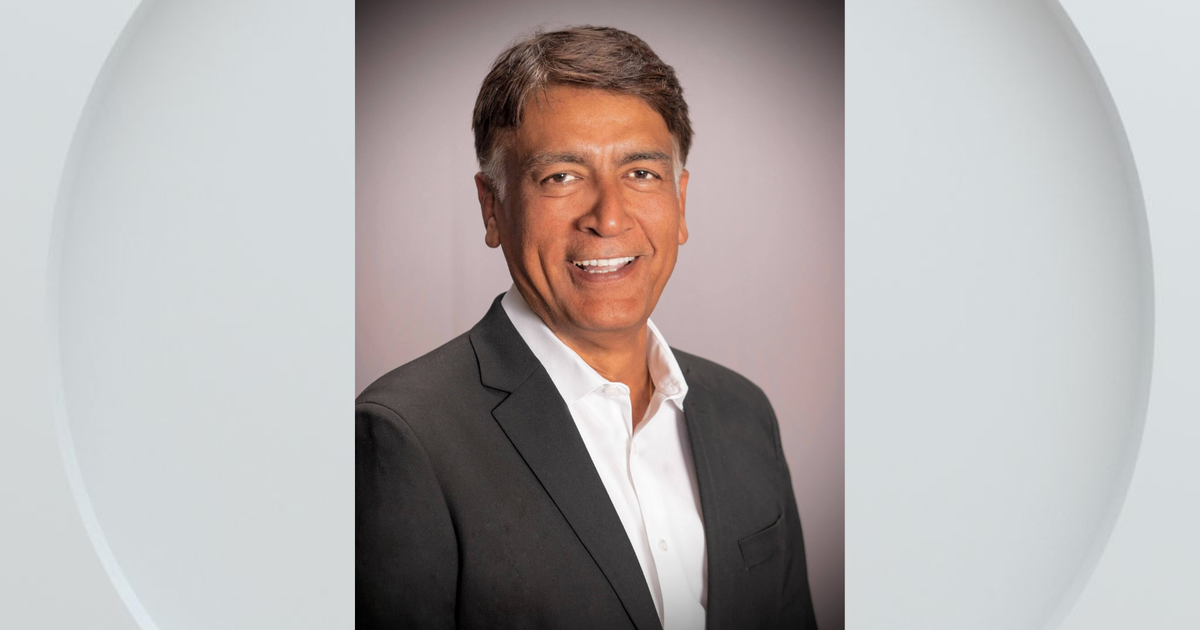CEO of Ryanair says his planes won't fly if middle seats must be kept empty for "idiotic" social-distancing rules
If the Irish government asks airlines to leave middle seats on planes empty to enable social distancing, one airline CEO is vowing to make them pay. Michael O'Leary, CEO of Ryanair, said if the rule is implemented, the government should pay for the empty seats — or his planes will not fly.
In an interview with the Financial Times, the budget airline executive explained plans for Ryanair to resume 80% of flights by September as long as flying in Europe could resume in July. O'Leary said the airline intends to gradually increase the number of flights, and then reduce them again in the less busy winter season.
But, he said, these plans could be foiled if there were "some entirely ineffective social distancing measures like having middle seats empty because if middle seats are empty we're not returning to flying at all."
O'Leary said Ryanair told the government that if it implements such a rule, there will be pushback.
"Either the government pays for the middle seat or we won't fly," he told the Financial Times. "We can't make money on 66 percent load factors. Even if you do that, the middle seat doesn't deliver any social distancing, so it's kind of an idiotic idea that doesn't achieve anything anyway."
Some airlines, including Delta, have already taken this step to help protect passengers. Starting April 13 through June 30, Delta said it would block middle seats on all flights. Of course, air travel has declined so much amid the current stay-at-home orders that most planes have few passengers anyway.
The International Air Transport Association (IATA) claims the risk of catching an infection on a plane is typically lower than in a shopping center or office environment, and recommends common-sense steps to reduce the risk, like washing your hands and not touching your face. These guidelines are consistent with general recommendations from the CDC.
However, IATA Director General Alexandre de Juniac said leaving the middle seat vacant on flights may become an added preventative measure, Reuters reports.
De Juniac acknowledged that more seats filled means more money for airlines, which are struggling right now. "On the one hand ... you have airlines that are heavily in the red and desperately need passengers to come back, which could put pressure on prices," he told Reuters.
However, "if we ask for distancing in the aircraft we will have to neutralize a great number of seats and so it means that ... you need to raise prices," he continued, admitting these are two contradictory trends.
In his interview with Financial Times, O'Leary said Europe should instead implement other measures, like mandatory mask-wearing and temperature checks. He said he was hopeful that there would be a return to more normal air traffic levels in the summer 2021 once there is an effective coronavirus vaccine.
"I think Ryanair in summer 2021 will be carrying our 2019 traffic plus growth, but the airports will still have less traffic than they had before," O'Leary said, although FT reports some aviation analysts predict this could take three years to achieve.
O'Leary himself took a 50% pay cut and would continue to do so beyond May, if the lockdown lasted, according to Financial Times. Similarly, Delta CEO Ed Bastian said he would give up his salary for the rest of the year.
In the U.S., the nation's six biggest airlines — Delta, American, United, Southwest, Alaska and JetBlue — along with four smaller carriers have have tentatively agreed to terms for $25 billion in federal aid to pay workers and keep them employed through September.




